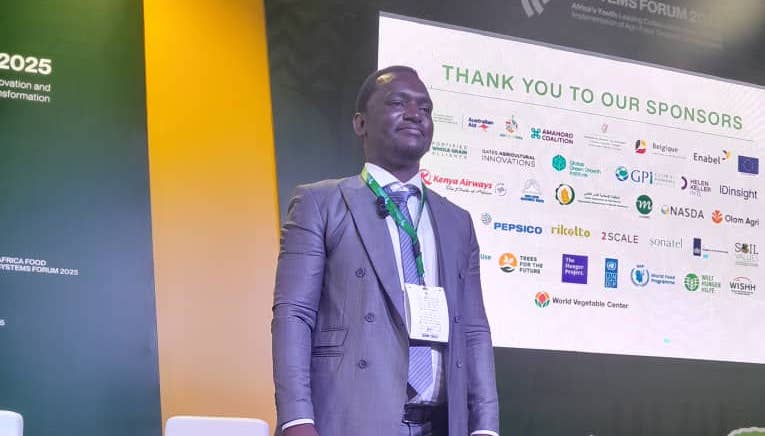Alex Enumah in Abuja
Chief Justice of Nigeria (CJN), Justice Kudirat Kekere-Ekun, has reiterated the commitment of the country’s judiciary towards speedy trial of cases bordering on money laundering and terrorism financing.
Kekere-Ekun gave the reassurance while speaking at the 42nd edition of the Cambridge International Symposium on Economic Crime holding in Cambridge, United Kingdom.
She said Nigeria’s judiciary understood that timely, predictable, and transparent judicial decisions were indispensable in satisfying the Financial Action Task Force (FATF) requirements.
Kekere-Ekun recalled that Nigeria was placed on the FATF Grey List in February 2023, underscoring international concerns about the effectiveness of Nigeria’s Anti-Money Laundering and Counter-Terrorism Financing (AML/CFT).
While acknowledging the efforts of President Bola Tinubu and Vice President Kashim Shettima to ensure Nigeria’s removal from the list, the CJN said listing Nigeria in the FATF Grey list served as a wake-up call, spurring unprecedented national reforms.
She said, “We remain firmly committed to ensuring Nigeria’s exit from the Grey List within the shortest possible time.”
According to her, the Nigerian judiciary remains firmly committed to upholding the rule of law, enhancing judicial efficiency, and playing its role in combating economic crime.
The CJN stated that no single country could adequately confront the challenges of cross-border economic crime alone.
According to her, “We must deepen collaboration across borders through effective mutual legal assistance frameworks, real-time intelligence sharing, judicial cooperation on transnational litigation and asset recovery, and dialogue such as those championed by the Cambridge Symposium, which foster enduring professional relationships and shared best practices.”
She called on judges to continue to adapt doctrines, processes, and attitudes to match the velocity of criminal innovation.
“Judicial conservatism must not be an excuse for inertia; rather, it must be guided by a deep commitment to justice, balance, and international cooperation,” Kekere-Ekun added.
The CJN stated that collaboration with other jurisdictions was already yielding recognition, with FATF’s 2024 review acknowledging Nigeria’s progress in addressing many of the strategic deficiencies.
She declared that the Nigerian judiciary had already undertaken significant improvements in infrastructure, and expanded training for judges on economic and cybercrime matters.
Kekere-Ekun cited recent Supreme Court decision in AG of the Federation v. Princewill Ugonna Anuebunwa, which she said reaffirmed the judiciary’s role in strengthening international cooperation.
The post Kekere-Ekun Reassures on Speedy Dispensation of Financial Crime Cases appeared first on THISDAYLIVE.


